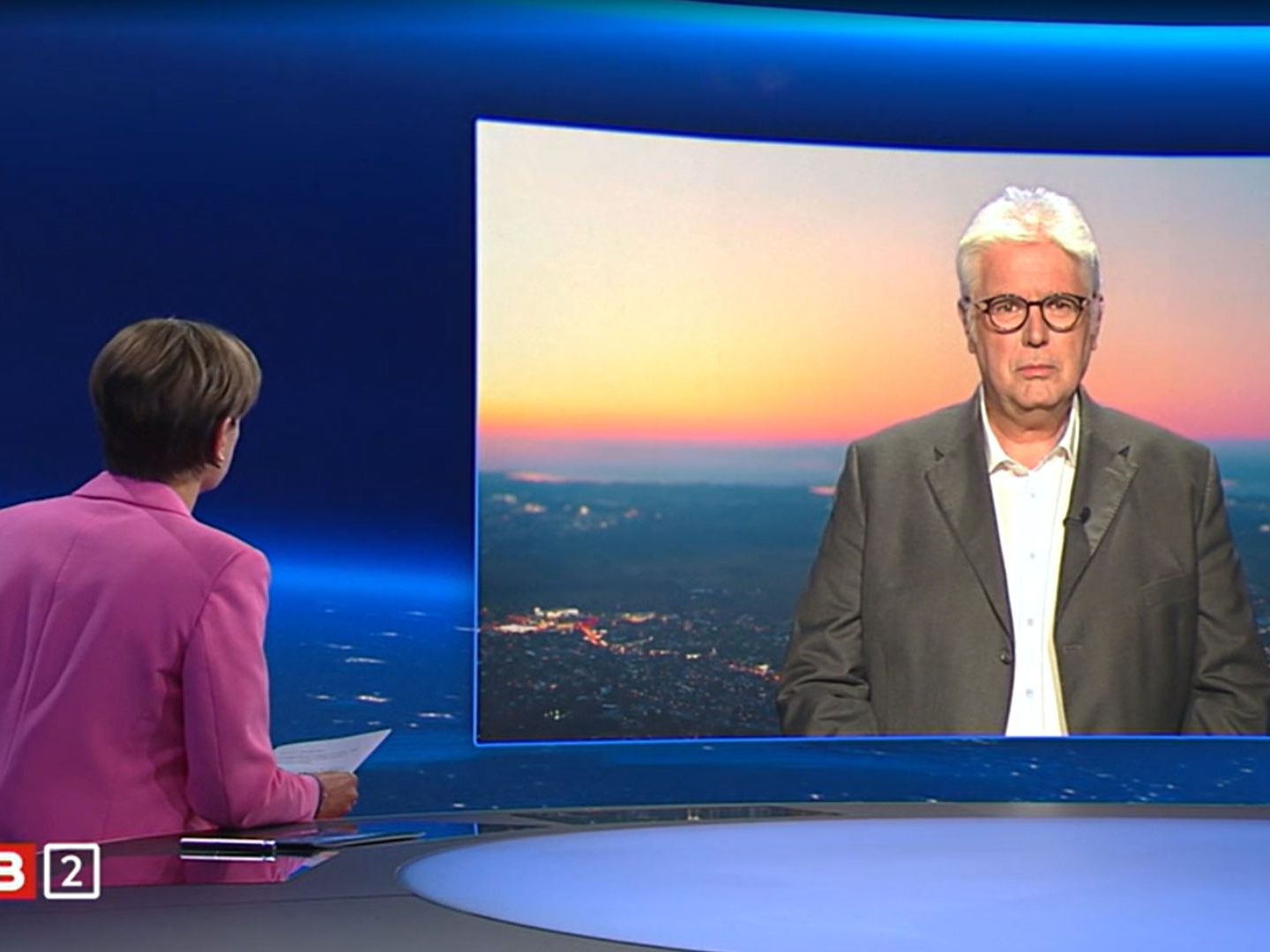Huss: "ÖGK cannot remain as it currently is"

The chairman of the Austrian Health Insurance Fund, Andreas Huss, spoke out against reversing the health insurance fund merger decided under the turquoise-blue government on Thursday, despite his criticism of it. "A return to nine regional health insurance funds would mean another five years of stagnation. Nobody needs that," said Huss in the ZiB2 of ORF, while calling for reforms. In any case, more resources are needed, as the health system is "structurally underfunded."
ÖGK Chairman Huss for Reforms
"No, I rule that out just like the Chancellor," said Huss in the evening, referring to the rejection of a reversal also expressed by ÖVP leader Christian Stocker the previous day. The reform was decided in December 2018 under the turquoise-blue government of Chancellor Sebastian Kurz (ÖVP) and came into effect on January 1, 2020.
"I have always said, the ÖGK is here to stay. But the ÖGK cannot remain as it currently is," Huss insisted on changes once again. "As employee representatives in the ÖGK, it was important to us to achieve uniform services from Lake Constance to Lake Neusiedl. We have succeeded in many areas," he said. They have uniform contracts with physiotherapists, "now also with psychotherapists, midwives, speech therapists, occupational therapists, in the area of medical aid, aids, wheelchairs, etc."
These nationwide uniform contracts are "one of the few advantages" of the new structure. "Reversing that would certainly not be sensible." However, a very large group is missing, namely the doctors, Huss emphasized that the ÖGK also aims to have a comprehensive medical contract for all of Austria with uniform services.
More Resources and More Regionality
However, it must also become "more regional," emphasized the chairman. The ÖGK is "very, very centrally" organized, with directives essentially coming from the headquarters in Vienna about what should happen in the federal states. "And of course, the state politicians are very unhappy with us. We need more regionality in a central ÖGK, which essentially dictates central services," Huss wants "leeway for regional needs."
To fill the budget gap, more funds are needed, said Huss. The Austrian solidarity health system is "structurally underfunded," for example, compared to Germany. "There, a 16 percent health insurance contribution is collected. Here, it's 7.65 percent." Even if you account for the fact that in Germany hospital costs are financed from contributions, Austria would need a health insurance contribution of 9.5 percent. "Whether additional public money comes from contributions or from taxes is a political decision. The federal government and parliament must decide that. But for me, it is indisputable that more money is needed in healthcare."
Mattle also for more regional decision-making structures
Tyrol's Governor Anton Mattle (ÖVP), who initiated the debate last weekend with a call for a "reform of the reform," previously detailed his demands. He also does not want a return to 21 funds, but rather a corporate structure with decision-making state offices. "More regional decision-making structures within - with real budget and design competence" are needed, Mattle was quoted in the "Tiroler Tageszeitung" (Thursday edition).
Mattle therefore favors regional budgets within the Austrian Health Insurance Fund (ÖGK), because "contribution funds must have an impact where they are generated." The governor also identifies a problem in the centralization of decision-making structures and calls for more regionality. "The lost proximity to insured persons and service providers also calls health actors in Tyrol - from doctors to municipalities - into action, who complain about more bureaucracy, lack of contact persons, and long waiting times," Mattle explained. The Tyrolean ÖVP leader also criticized that, for example, long-term therapies for people with disabilities in Tyrol, unlike in other federal states, are not financed by the ÖGK and therefore the state has to step in. This "unequal treatment" must be eliminated.
Chancellor Stocker also against reversal
The Tyrolean governor initiated the debate on Sunday in the "Pressestunde" by calling the reform implemented under the government of former Chancellor Sebastian Kurz (ÖVP) a "mistake." Chancellor Christian Stocker (ÖVP) has since spoken out against a fundamental reversal of the fund reform. Conversely, however, it must be questioned whether the goals of the reform at that time were achieved. In the other federal states, the criticism was mainly shared by SPÖ representatives, but - more cautiously - also by Upper Austria's Governor Thomas Stelzer (ÖVP). Health Minister Korinna Schumann (SPÖ) referred to a planned evaluation.
(APA/Red)
This article has been automatically translated, read the original article here.





